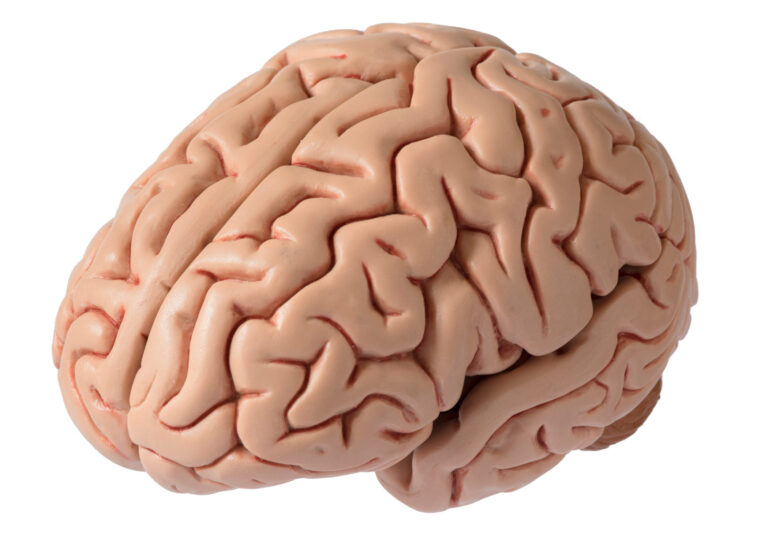Dementia is a degenerative brain disease that affects millions of people worldwide. It is a condition that impairs memory, thinking, and behavior, making it difficult for individuals to carry out their daily activities. As the disease progresses, those affected may require specialized medical care to manage their condition. This is where having a dementia-friendly doctor becomes crucial.
Choosing a doctor who understands and can effectively treat dementia is essential for the well-being and quality of life of those living with this disease. However, finding a dementia-friendly doctor can be a daunting task. There are several factors to consider, and it can be overwhelming for both patients and their families. In this article, we will explore some tips on how to choose a dementia-friendly doctor.
1. Look for expertise in dementia care
The first step in choosing a dementia-friendly doctor is to look for expertise in dementia care. This means finding a doctor who has the necessary knowledge and experience in diagnosing and treating dementia. It is important to note that not all doctors have the same level of expertise in dementia care. Some may have more experience than others, and it is crucial to find a doctor who is knowledgeable about the latest advancements in dementia treatment.
One way to determine a doctor’s expertise in dementia care is by researching their background and credentials. Look for doctors who have specialized training in geriatric medicine or neurology, as they often have a better understanding of dementia and its various forms.
2. Consider their communication skills
When dealing with a progressive disease like dementia, effective communication between the doctor, patient, and caregiver is vital. A dementia-friendly doctor should be able to communicate clearly and in a way that is easy to understand for both the patient and their family members.
During your initial consultation, pay attention to how the doctor communicates with you and your loved one. Do they take the time to explain things thoroughly? Do they listen carefully to your concerns? Are they patient and understanding? These are all important qualities to look for in a dementia-friendly doctor.
3. Look for a doctor who involves the patient in decision-making
A dementia-friendly doctor should involve the patient in their medical care and decision-making process as much as possible. This is especially important for individuals in the early stages of dementia, as they are still able to actively participate in their own care.
A good dementia-friendly doctor should take the time to understand the patient’s preferences, values, and goals for their treatment. They should also be able to provide clear and concise information about the patient’s condition and discuss potential treatment options in a way that the patient can understand.
4. Consider the doctor’s approach to medication management
Medication management is a crucial aspect of dementia care. A dementia-friendly doctor should have a thorough understanding of the medications commonly prescribed for dementia and their potential side effects. They should also be able to monitor the patient’s response to these medications and make necessary adjustments to ensure optimal treatment.
It is important to ask potential doctors about their approach to medication management for dementia patients. Do they believe in using medications as a first-line treatment? How often do they reassess the need for medication? Do they involve the patient and caregiver in decisions about medication management?
5. Ask about their familiarity with community resources
In addition to medical care, individuals with dementia often require support from community resources such as home health services, respite care, and support groups. A good dementia-friendly doctor should be familiar with these resources and be able to connect their patients with them as needed.
During your initial consultation, don’t be afraid to ask potential doctors about their knowledge of community resources. A doctor who is well-connected and can provide referrals to trusted resources can be a valuable asset for dementia patients and their caregivers.
In conclusion, choosing a dementia-friendly doctor is an important decision that requires careful consideration. By looking for expertise in dementia care, good communication skills, patient involvement, appropriate medication management, and knowledge of community resources, you can find a doctor who will provide the best care for your loved one with dementia. Remember to take your time, ask questions, and trust your instincts when making this decision. A supportive and understanding doctor can make all the difference in managing the challenges of dementia.




